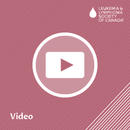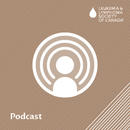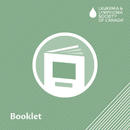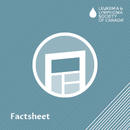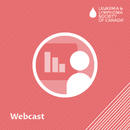Resource Library
Showing 11 to 20 of 312 results
This video, told from the father's point of view, talks about the strains on himself, his wife, their child with cancer, and their other children.
He describes every hospital visit, every round of treatment as "a rollercoaster of hope and fear."
He describes every hospital visit, every round of treatment as "a rollercoaster of hope and fear."
Maura C. had recently returned to work after maternity leave when her daughter, then 15 months old, was diagnosed with acute myeloid leukemia (AML) and immediately admitted to the oncology ward. “This is a nightmare I’m not waking up from,” Maura thought over the 5 months her toddler was in the hospital. She says she and her husband moved from their initial…
Activity book for children and families facing a blood cancer diagnosis.
Receiving a blood cancer diagnosis can be challenging and overwhelming. Along with physical symptoms, individuals with a blood cancer diagnosis may experience serious mental health challenges such as depression, anxiety, or even post-traumatic stress disorder (PTSD).
You or your loved one has been diagnosed with a type of blood cancer. You will be making important decisions with your healthcare team.
Your patient has been diagnosed with a type of blood cancer. You will be supporting them and their family in making important decisions
If you are affected by a blood cancer, you want your voice to be heard and your health care needs to be met. Ryan Clarke, Senior Vice-President, Advocacy & PR at CRG-Eversana Canada Inc, speaks about the importance of self-advocacy and will share tips on how to be an effective advocate when working with your medical team.
This factsheet is for people receiving cancer treatment. It promotes an active, safe, and adapted lifestyle during treatment. It is also meant to support people’s autonomy, especially if they do not have access to an exercise professional specialized in cancer.
To understand blood cancers, you need to know where the three types of cells in the blood come from and where they go: red blood cells, white blood cells and platelets.
